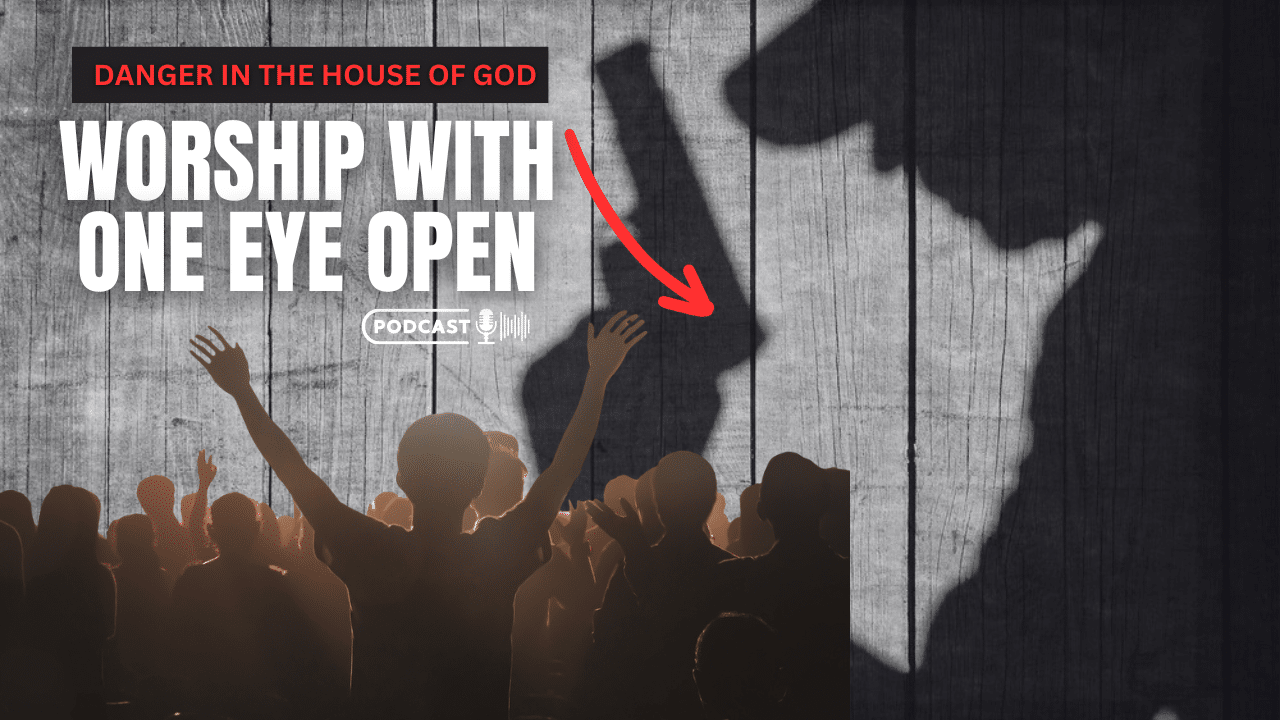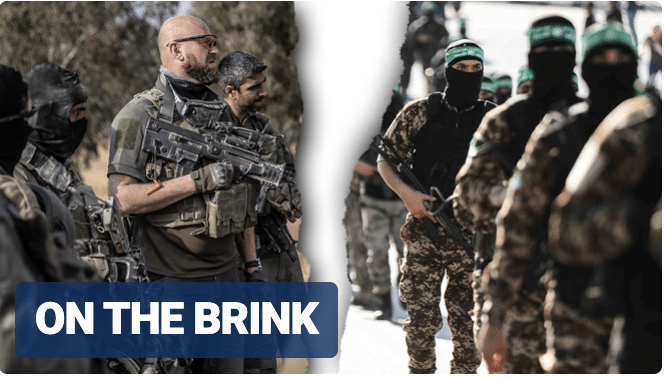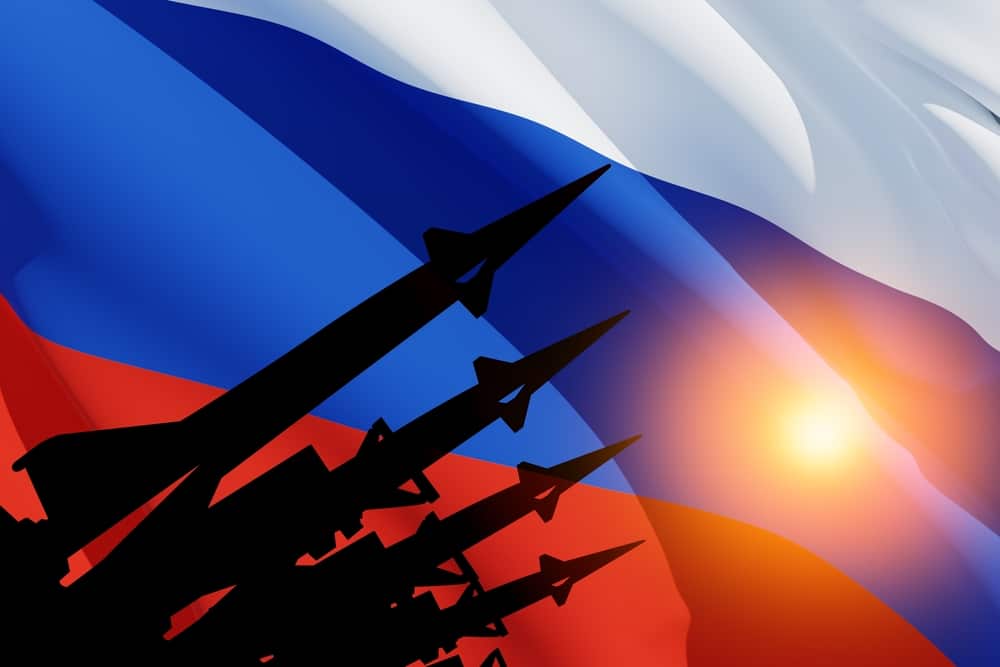Russia’s justice ministry said it had “lodged an administrative legal claim with the Supreme Court to recognize the International LGBT public movement as extremist and ban its activity in Russia.”
The ministry did not specify whether it was seeking the closure of any specific groups or organizations, or if the designation would apply more broadly to the LGBTQ community, causes, and individuals.
The proposed ban is the latest in a long-standing crackdown against LGBTQ people in Russia, which has escalated since Russia launched its offensive on Ukraine last February.
Russia has used the extremist label against swathes of rights organizations and opposition groups, opening up their members to criminal prosecution.
The justice ministry accused the “LGBT movement operating on the territory of the Russian Federation” of “various signs and manifestations of extremism, including incitement to social and religious hatred”.
It did not specify what exactly it meant by that movement but said a court hearing was scheduled for November 30. The head of the Sphere human rights group, which advocates for the Russian LGBTQ community, criticized the announcement.
“Russian authorities are once again forgetting that the LGBT+ community are human beings,” said Sphere head Dilya Gafurova, who has left Russia. Authorities “don’t just want to erase us from the public field: they want to ban us as a social group,” Gafurova added.
“It’s a pretty typical move for repressive non-democratic regimes — the persecution of the most vulnerable,” Gafurova said. “We will continue our fight,” Gafurova added.
Since launching the Ukraine offensive — often portrayed as an existential fight against Western liberal values — Russia has accelerated its campaign against LGBTQ groups.
In July lawmakers banned medical intervention and administrative procedures that allowed people to change gender. Lawmaker Pyotr Tolstoy then said the bill was about “erecting a barrier to the penetration of Western anti-family ideology”. Activists said they feared for the safety and well-being of transgender people in Russia.
















